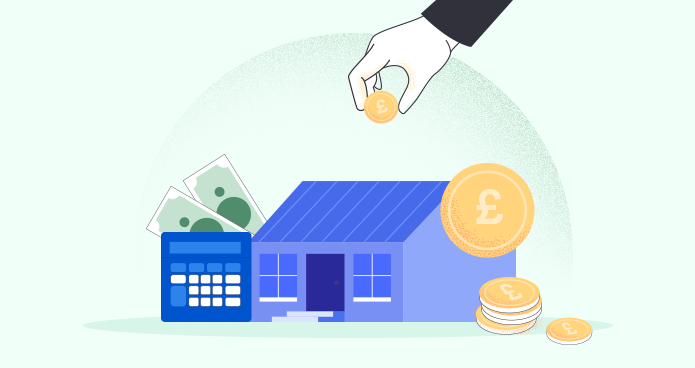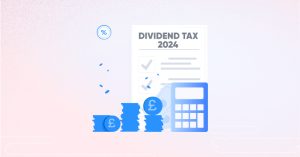If you're like most people, you probably dread the idea of paying more taxes. Unfortunately, with the new Rishi Sunak administration in power, it looks like taxes are going to be on the rise. One tax that is expected to go up is the council tax. If you own an empty property, you may be wondering how you can avoid paying council tax on an empty property. In this blog post, we will discuss how to avoid paying council tax on an empty property. Stay tuned for more information!
One of the main reasons why people are discouraged from buying or renovating empty properties is because they must pay council tax. This can be a huge financial burden for homebuyers, especially if they don't have all the money upfront. While it's true that there may not be much you can do to avoid this tax entirely, there are steps you can take to minimize the amount you have to pay.
Is My Property Exempt From Council Tax?
The first thing to consider is whether your property is exempt from council tax. This will depend on a variety of factors, including how long the property has been empty and how much work needs to be done in order for it to be occupied again. If you qualify for an exemption, be sure to fill out the necessary paperwork or contact your local tax office for assistance.
The properties that are exempt from council tax are:
- Properties that are unoccupied due to a dispute with the council
- Properties that are unoccupied because they have been repossessed by a mortgage lender
- Properties are left empty when the owner has died and probate tax needs to be paid
- Being left unoccupied by a religious minister
- Empty caravan pitch or boat mooring
- The owner lives somewhere else to care for other people
- Bankruptcy is in progress upon the owner
- The owner lives in a hospital, care house, hostel, etc.
- The owner became a student within 6 weeks of leaving the property
Reducing the Council on an Empty Property
Student Housing/Affordable Housing Incentives
In addition to checking for exemptions, there are other things you can do to reduce how much you pay in taxes. For example, some local authorities offer financial incentives for building owners who rent their properties out for affordable housing or student housing. If this is something that may be a good fit for your property, it's worth exploring these options further.
When the property needs significant renovations
An empty property is exempt from council tax if the property is in need of significant repairs that have halted its occupation. If you are thinking about renovating your empty property and putting it back on the rental market, be sure to speak with a tax professional about how this may affect how much you owe. With some careful planning and knowledge of how the system works, however, it's possible to avoid paying too much in council tax on an empty property.
Applying for a discount from Council
Another option is to consider applying for a discount on your council tax. Depending on how long your property has been empty and how much work needs to be done, you may qualify for a discount of up to 50%.
The Property is repossessed by the mortgage lender
One option is to explore whether your property qualifies for an exemption from council tax. For instance, properties that are unoccupied due to a dispute with the council or because they have been repossessed by a mortgage lender may be exempt from paying taxes. If your property meets any of these criteria, be sure to apply for an exemption as soon as possible.
Sum up
If you own an empty house, you may be concerned about how much council tax you will have to pay. With the recent announcement of a potential increase in taxes, many homebuyers and property owners are looking for ways to save money and reduce their tax burden. Luckily, you can take the above steps you can take to reduce how much council tax you owe on an empty house.
Overall, there are steps you can take to minimize how much you pay in council tax on an empty property. By doing your research, making informed decisions, and exploring all of your options, you can help to avoid paying too much in taxes.













